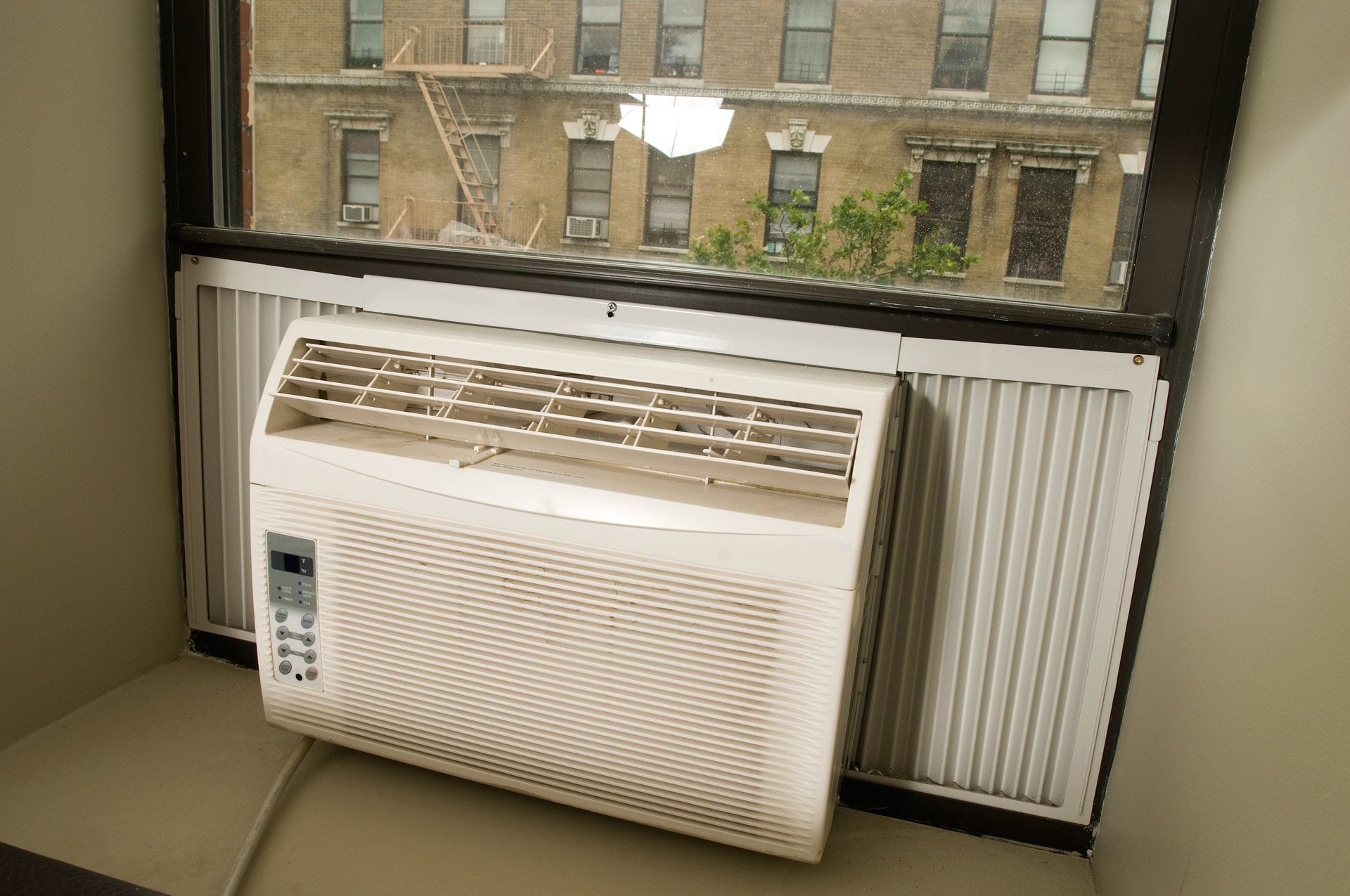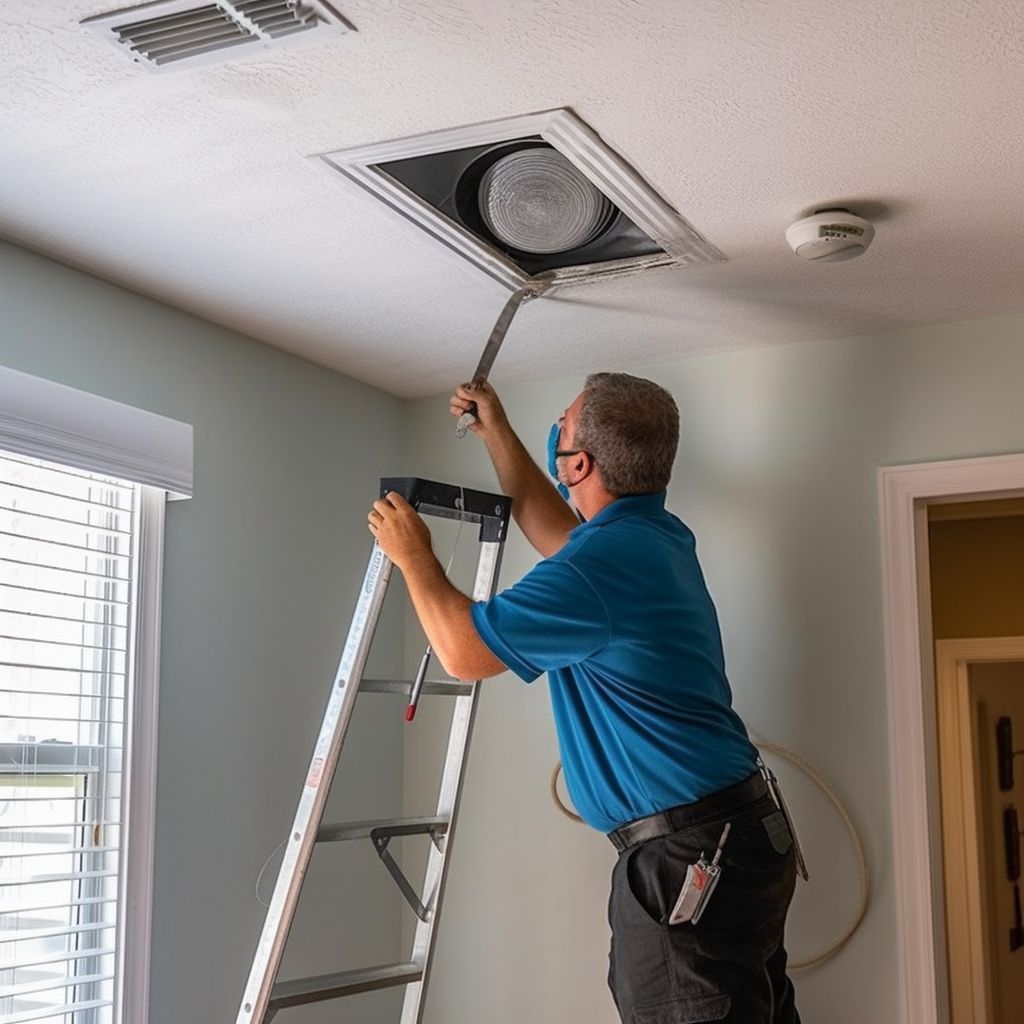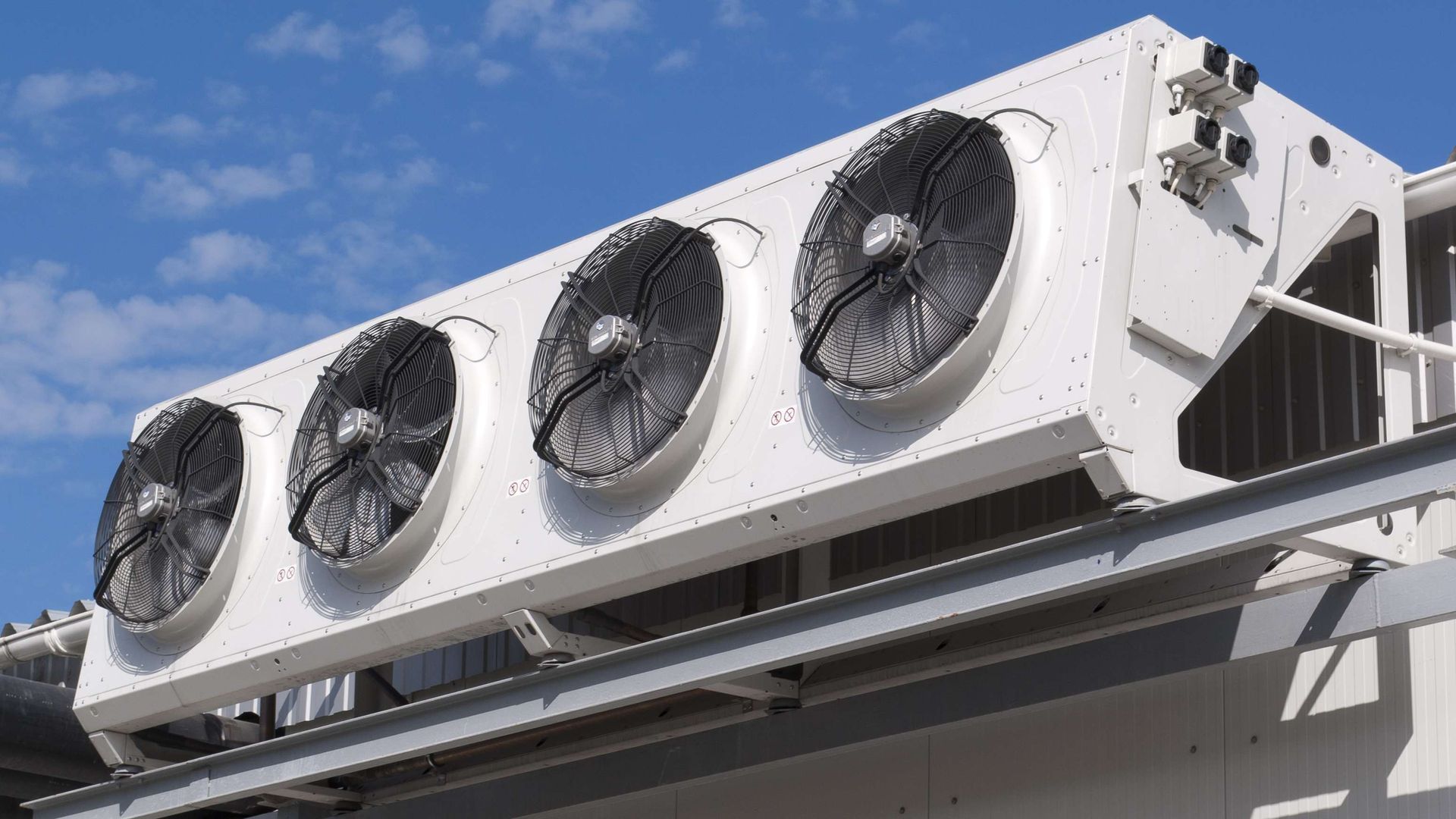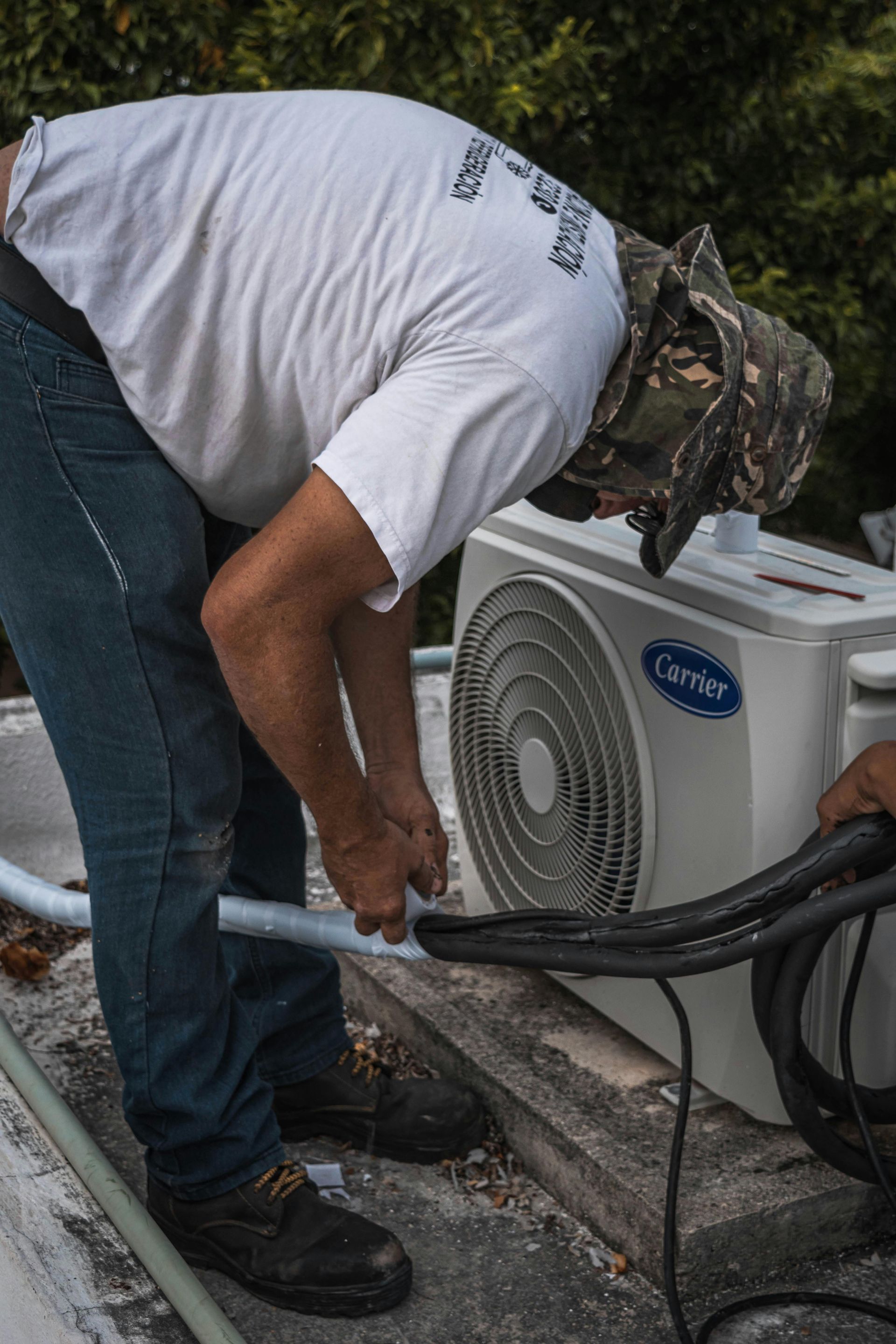
Best Time of Year to Replace Your AC System
Replacing your air conditioner at the right time can save you money and prevent stress. Many homeowners wait until their AC completely fails in the middle of summer. That’s the worst time to replace it because prices are high, and HVAC companies are fully booked. Planning ahead can help you avoid last-minute emergencies and costly repairs.
The best time to replace your AC is during the fall or spring when demand is lower, and prices are better. HVAC companies aren’t as busy, so you’ll get faster installation, better deals, and more system options to choose from. This is also the best time to schedule an inspection and find the right unit before peak season hits.
In this guide, we’ll break down the best seasons for AC replacement, how timing affects costs, and signs that your system needs to be replaced. If your AC is getting old or struggling to keep up, knowing when to upgrade can help you save money and stay comfortable all year.
The Ultimate Guide to Heating and Air Conditioning Services in Utah has more expert tips on keeping your HVAC system in top shape year-round.
When Is the Best Time to Replace Your AC? (Quick Breakdown)
Timing your AC replacement right can save you money and make installation easier. HVAC companies have busy and slow seasons, and replacing your unit at the right time means better deals and faster service. Here’s a breakdown of the best and worst times to replace your AC.
Fall (Best Option)
Fall is the best time to replace your AC. HVAC companies aren’t as busy, and prices drop after the summer rush. You’ll have more system options and better deals on installation. The mild weather also makes it easier to go without AC during the process.
Spring (Second Best Option)
Spring is another good time to replace your AC. It’s right before summer, so your system will be ready for the heat. Prices may be a little higher than in fall, but you can still find off-season discounts and special offers from manufacturers.
Winter (Decent Savings, But Weather Can Delay Installation)
Winter can offer good discounts, but installation might be delayed due to cold weather and snow. If you replace your AC in winter, make sure your heating system is working so you don’t end up without heat.
Summer (Worst Time to Replace)
Summer is the busiest time for HVAC companies. Prices are higher, wait times are longer, and you could be stuck without AC in the heat. If your AC breaks in summer, you may have no choice but to replace it at peak-season prices.
How Timing Affects AC Replacement Costs
The time of year you replace your AC can have a big impact on how much you pay. HVAC prices aren’t fixed—they go up when demand is high and drop when business is slow. Understanding these pricing trends can help you save hundreds, or even thousands, on your new system.
Off-Season Pricing vs. Peak Season Costs
During peak summer months, AC units are in high demand. More demand means higher prices and longer wait times for installation. On the other hand, fall and spring are slower seasons for HVAC companies, leading to discounts, faster service, and more availability.
Manufacturer Rebates & HVAC Promotions
Many AC manufacturers and local HVAC companies offer rebates and promotions during off-peak seasons to encourage sales. These deals can make a high-efficiency system more affordable. Look for rebates in fall and early spring, when companies are trying to move inventory before peak season.
Supply Chain & Inventory Factors
Waiting too long to replace your AC could limit your options. When demand is high, certain models may be out of stock, and you might have to settle for a unit that isn’t the best fit for your home. Replacing your system in the off-season gives you more choices and helps avoid unexpected delays.
Should You Replace or Repair? Key Factors to Decide
Before replacing your AC, you need to decide if a repair is still worth it. In some cases, a simple fix can keep your unit running. But if your system is old, inefficient, or constantly breaking down, replacement might be the smarter choice. Here’s how to know when it’s time for a new AC.
Age of Your AC Unit
Most air conditioners last 10 to 15 years. If your unit is over 10 years old and struggling, a replacement will save you money in the long run. Newer systems are more energy-efficient and cost less to run.
Rising Energy Bills
Have your energy bills gone up even though your usage hasn’t changed? An aging AC has to work harder to cool your home, leading to higher electricity costs. Upgrading to a high-efficiency model can cut your cooling costs significantly.
Frequent Repairs vs. One-Time Replacement
If you’re constantly calling for AC repairs, those costs can add up. A general rule: If a repair costs more than half the price of a new unit, replacement is the better choice. A new system comes with a warranty, giving you peace of mind.
Poor Performance & Comfort Issues
If your AC isn’t keeping your home cool, it’s not doing its job. Signs that your system is failing include:
- Uneven cooling (some rooms too hot, others too cold).
- Weak airflow from vents.
- Excess humidity making your home feel sticky.
If your system struggles to keep up, it’s time to start planning for a replacement.
How to Plan Ahead for AC Replacement
Planning your AC replacement in advance can make the process smoother, save you money, and ensure you get the best system for your home. Here’s how to get started and ensure everything goes smoothly.
Scheduling a Professional AC Inspection
Before replacing your AC, it's a good idea to have a professional inspection. An HVAC technician can evaluate your current system and let you know if it’s truly time for a replacement. They’ll also check the overall health of your ductwork, thermostat, and insulation, which can impact your system’s efficiency. Getting a professional opinion can save you from unnecessary replacement or repairs.
Choosing the Right AC System for Your Home
When it’s time to replace your AC, choose a system that suits your home’s size and cooling needs. Make sure to select the right size unit—too big or too small will affect your energy bills and comfort. Also, consider the SEER rating (Seasonal Energy Efficiency Ratio): the higher the SEER, the more energy-efficient the unit. A higher SEER rating can save you money on your energy bills over time.
Finding a Trusted HVAC Contractor
Installing a new AC requires expertise. Always choose a licensed, experienced HVAC contractor to ensure the system is properly installed. A proper installation helps your AC run efficiently and last longer. Take your time to research contractors, read reviews, and get multiple quotes to find a reliable and reputable professional.
When Should You Replace Your AC?
Replacing your air conditioner at the right time can save you money and improve home comfort. The best time to replace your AC is in fall or spring, when HVAC companies are less busy, prices are lower, and you can get faster service. Avoid replacing your system in the summer when demand is high and costs are at their peak.
If your AC is older than 10 years, driving up your energy bills, or needing constant repairs, it might be time for a replacement. Planning ahead and scheduling a professional inspection can ensure you get the best system for your home and budget.
For expert AC installation, replacement, and maintenance, trust Hill Heating and Air. Serving South Jordan, Salt Lake City, and surrounding areas, Hill Heating and Air provides reliable and efficient HVAC solutions. Whether you need a new AC system or are simply exploring options, their team is here to help you make the right choice for your home.
Contact Hill Heating and Air today to ensure your home stays comfortable year-round, with professional HVAC services that you can rely on!
Contact Us
Contact Us
We will get back to you as soon as possible.
Please try again later.
HILL HEATING & AIR, LLC
South Jordan, UT 84095
CALL US
Phone: (801) 860-0655
HOURS | 24/7 AFTER HOURS AND WEEKENDS
- Mon - Fri
- -
- Sat - Sun
- Closed
HILL HEATING & AIR, LLC
Salt lake city , UT 84130 United States of America
CALL US
Phone: (801) 860-0655
HOURS | 24/7 AFTER HOURS AND WEEKENDS
- Mon - Fri
- -
- Sat - Sun
- Closed
Copyright © 2023 Hill Heating & Air, LLC, all rights reserved.






